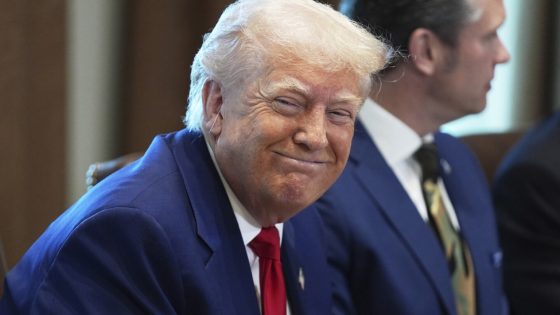In a significant policy shift, new executive orders from the Trump administration aim to relax tariffs on automobiles and auto parts, impacting the U.S. auto industry. This change, announced on March 27, 2025, addresses concerns that the existing 25% tariffs could harm domestic manufacturers and raise vehicle prices for consumers.
- New Hyundai cars at Philadelphia terminal.
- Trump relaxes 25% tariffs on automobiles.
- Tariffs could raise prices and reduce sales.
- Rebate for domestically assembled vehicles introduced.
- Automakers need time to adjust supply chains.
- Executive order aims to boost factory construction.
The revised orders include a rebate system for domestically assembled vehicles, offering 3.75% off sales prices in the first year. This adjustment is designed to provide automakers with the necessary time to adapt their supply chains and enhance production capabilities.
This shift raises important questions about the future of U.S. auto production. Will these changes truly benefit consumers, or will they merely delay the inevitable challenges posed by global competition? Consider these points:
- The rebate system incentivizes domestic production.
- Automakers are expected to ramp up factory construction.
- Long-term effects on vehicle prices remain uncertain.
As the auto industry adapts to these new regulations, consumers and manufacturers alike should stay informed about the implications of these changes. Will this lead to a more competitive market and better prices for American drivers?























